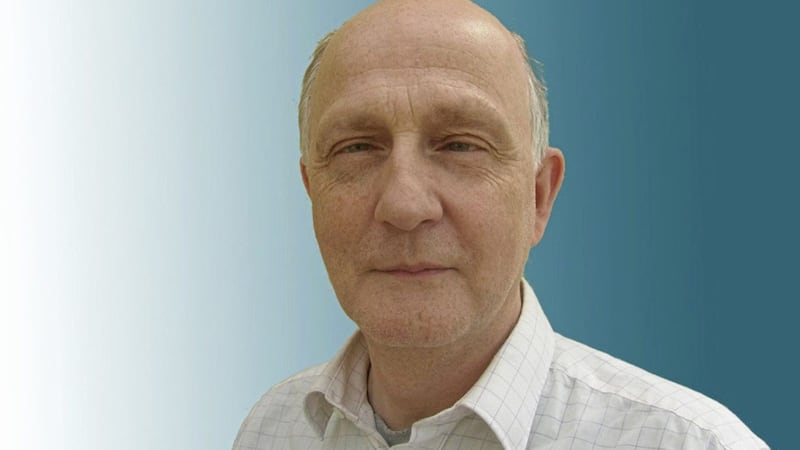My Mum was an O’Neillite, the sort of small-u unionist who believed that Northern Ireland would only survive if everyone living in it was regarded and treated as an equal.
She supported his professed desire to reform the place. But even she was appalled by his comments in May, 1969: “It is frightfully hard to explain to Protestants that if you give Roman Catholics a good job and a good house they will live like Protestants because they will see neighbours with cars and television sets; they will refuse to have eighteen children. But if a Roman Catholic is jobless, and lives in the most ghastly hovel, he will rear eighteen children on National Assistance. If you treat Roman Catholics with due consider and kindness, they will live like Protestants in spite of the authoritative nature of their Church ... "
She was appalled because she regarded the remarks as crass, insensitive and, if I remember her words correctly (we had the conversation about 25 years ago), ‘uncomfortably close to openly sectarian.’ At that moment she realised that O’Neill was never going to push unionism in the direction that it needed to go; he was allowing himself to be distracted by internal (William Craig) and external (Ian Paisley) opponents.
Like me she supported Brian Faulkner and Sunningdale in 1974, as did my Dad, oddly enough. I say ‘oddly,’ because up until that point he seemed to be your typical Orange Order, Ulster Unionist, staunch Presbyterian—the sort of person who would never deviate from the ‘united we stand, divided we fall’ mantra. But he believed that unionism had to be broad rather than narrow and that unionism and the SDLP working together could achieve a lot. He was aware that the constitutional question would remain, but also believed that it would be of much less significance if Protestants/Catholics, unionists/nationalists worked together on socio/economic issues.
When power sharing and the ‘Irish dimension’ became a central plank of British government policy—around the autumn of 1972—both my parents were fairly sanguine about it. My Dad was what I would call a ‘numbers man’: and as early as 1972 (when I was studying A Level politics) we would talk about voting patterns and growth areas for the newly formed Alliance and SDLP parties. One thing I learned from him then has remained a key part of my thinking. Here’s a quote from a letter he wrote to me in 1975 (he liked to write) when I was at Queen’s University: “always be three elections ahead in terms of long term strategy. A unionism which remains insular and excluding will not remain attractive for voters who don’t reflect the thinking, fears and attitudes of 1921.”
He was, as he so often was, bang on the money. His unionism—in the sense of his belief in the Union and the United Kingdom—remained undiluted; yet he was canny enough to understand that its survival depended on expansion rather than retreat. His influence on me was enormous at the time: and still is. Yet there is now a key difference in our analysis. We both supported power sharing because we believed that nationalists (and at that time it was the SDLP we were talking about) were probably amenable to the concept of Northern Ireland—albeit a changed Northern Ireland—remaining as a constitutional entity for a very, very long time. In other words, they had no particular desire to push us into a united Ireland.
Forty years on and everything has changed. The majority voice of nationalism is now Sinn Féin; and even the SDLP has shifted in favour of an early border poll and unity sooner rather than later. There seems to me to be no desire within broader party political nationalism (which doesn’t, of course, embrace every non-unionist) for a Northern Ireland that works in the long term. Similarly, there seems to be no desire within broader party political unionism (and again, that doesn’t embrace all non-nationalists) to build a meaningful relationship with either the SDLP or Sinn Féin. To put it bluntly: unionism and republicanism don’t want to work together—which means that power sharing (in the sense that it was envisaged in 1972) is, to all intents and purposes, dead in the water.
As I noted in this column a few weeks ago, this phase of the present peace process has come to an end and I’m not sure there’s anything solid or credible to put in its place. To that gloomy assessment I now add the view that power sharing, as a means of resolution and something capable of ending stalemate, is also probably dead. And with no likelihood of a political/electoral alternative to the DUP/Sinn Féin consolidation and stand off it looks like politics here has no room left for compromise, consensus, progress or breakthrough. Personally, I think we’re heading to a very bad place.








